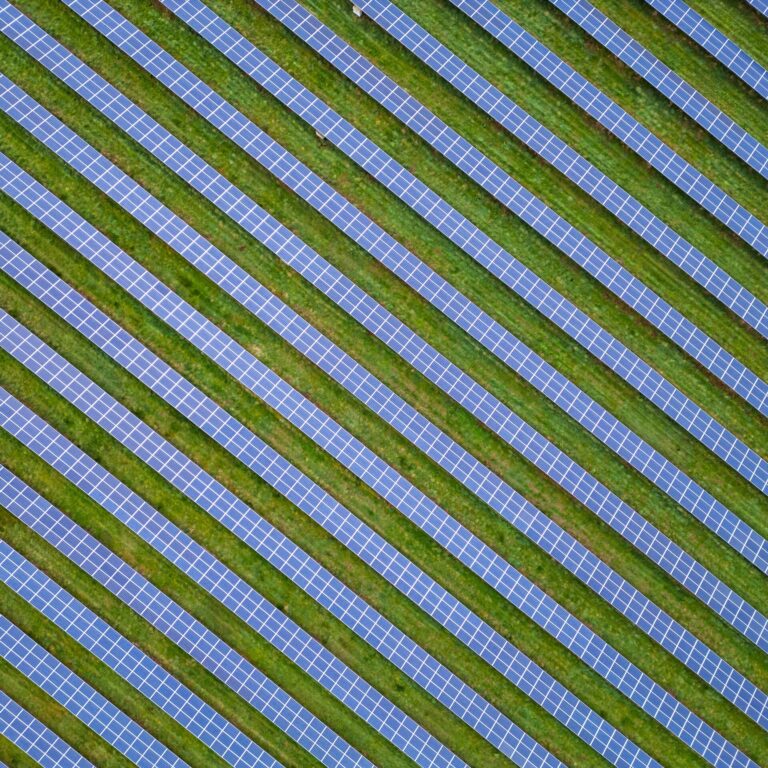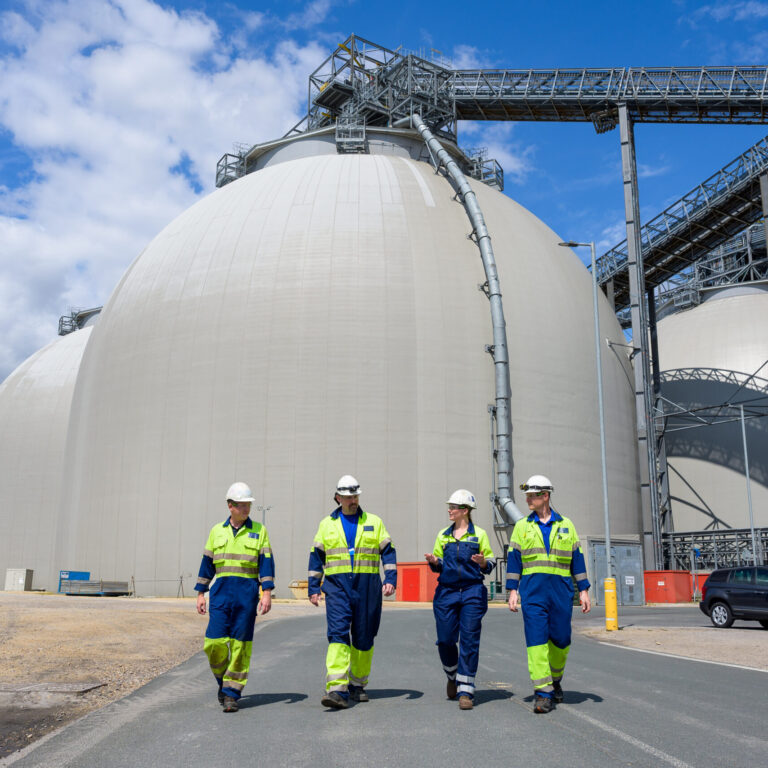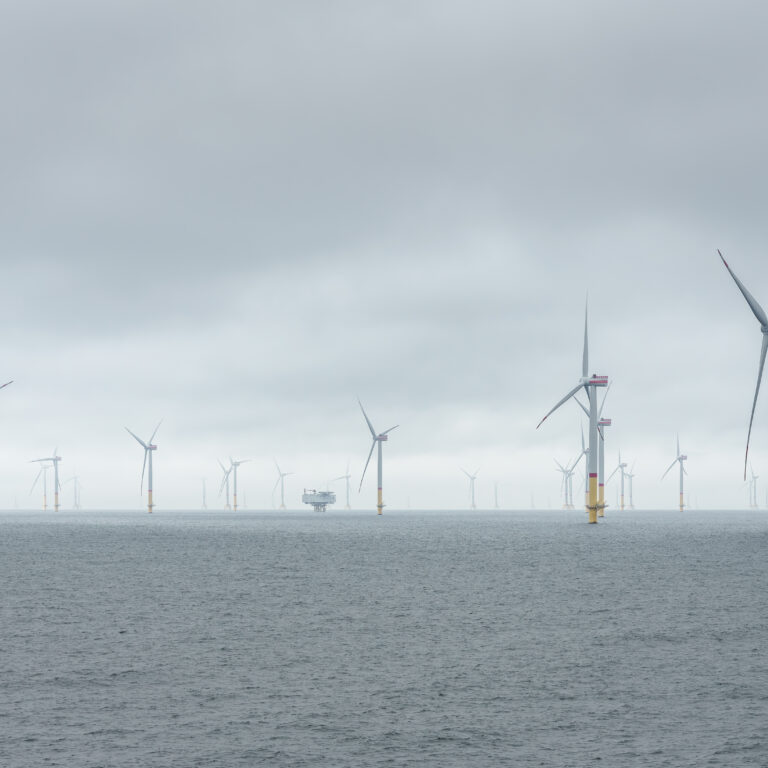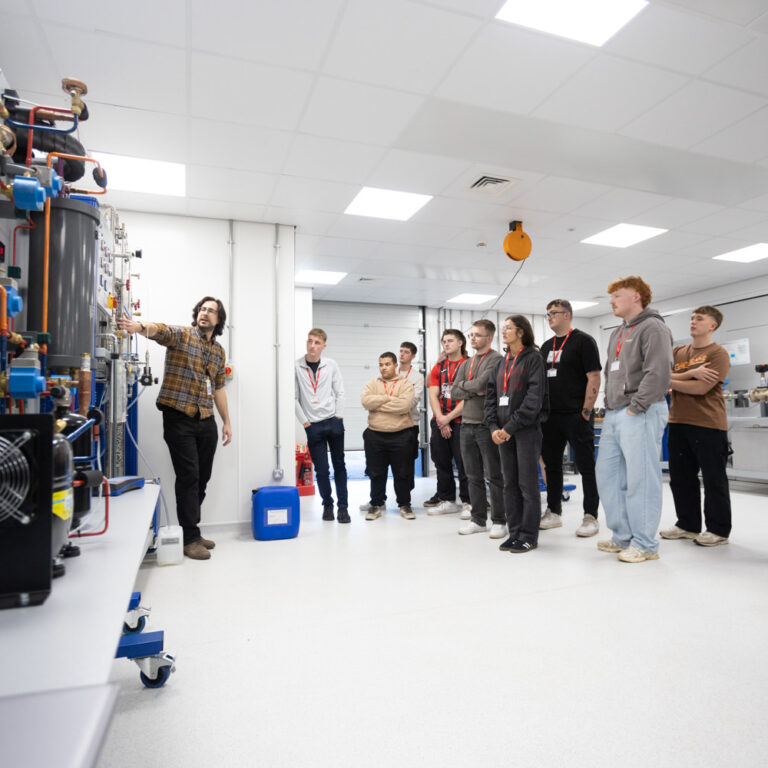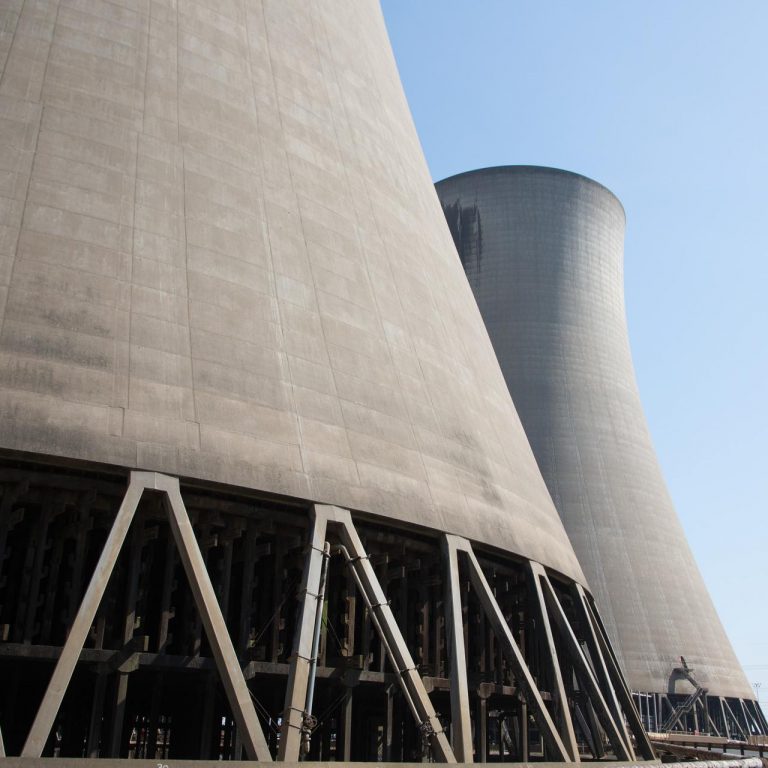- Cost savings from carbon removals from BECCS at Drax are projected to be equivalent to £700m per year from 2030 to 2050, compared to other more complex carbon reduction measures
- Annual amount of carbon captured by the project would be equivalent to taking 3 million cars off the road or cancelling all annual departing flights from Heathrow
- BECCS at Drax is believed to be the only credible, large-scale carbon removals option that could deliver energy security and support the UK’s 2030 Greenhouse Gas Removals target
- A bridging mechanism, a key enabler of BECCS, applied prior to the start of BECCS operations could save billions particularly if gas prices spike
New analysis by Baringa and commissioned by Drax Group (Drax) – The Value of BECCS at Drax Power Station – finds that Drax’s proposals for bioenergy with carbon capture and storage (BECCS) could save the UK up to £15bn in whole economy costs between 2030 and 2050.
This saving is equivalent to around £700m per annum, or £25 per household per year, and could help provide a more efficient pathway to meeting the UK’s Net Zero targets.
BECCS is currently the only credible technology that can create carbon removals while also supporting UK energy security by generating renewable electricity. Drax could initially convert two of its generating units to the technology at its North Yorkshire site.
Baringa’s findings demonstrate that without BECCS at Drax, meeting carbon reduction targets is more complicated and expensive for the UK Government and carbon savings would be needed in other sectors. Including, for example, investment in synthetic natural gas production facilities costing £8.5bn, committing to 735,000 more heat pumps beyond existing stretch targets, costing £5bn, amongst other measures.
Will Gardiner, CEO Drax Group, said:
“Climate change is the greatest challenge we face and the UK needs to use every option available to reduce carbon emissions and reach Net Zero as urgently as possible.
“This research shows BECCS at Drax Power Station offers the most cost-effective, straightforward and efficient way to help the country meet climate targets and could save billions of pounds, remove millions of tonnes of carbon from the atmosphere and support the UK’s energy security.
“To hit the UK’s annual carbon removal target, we need to build BECCS at Drax Power Station. Policy support for deploying BECCS grew in 2023, including the publication of the Biomass Strategy, and we believe that we will see the launch of a consultation on the bridging mechanism shortly.”
With around 7 GW of nuclear and coal capacity expected to close between 2024 and 2030, and growing uncertainty around timelines for new nuclear deployment, Baringa’s research underscores the critical role of Drax in delivering both cost effective energy security today and following potential BECCS conversion, in the future. The power station generates around 4% of the country’s power and 9% of its renewable electricity by output1.
The report also shows that the implementation of a bridging mechanism between the end of Drax’s renewable contracts in 2027 and the potential start of BECCS operations could save around £2bn over the period, if gas prices remained similar to the current winter period. This is the equivalent to reducing each UK household’s yearly energy bills by £5. Under Baringa’s model, if gas prices spiked over one winter period, as they did in 2021/22, then the mechanism could save households around £3.5bn in one winter period alone.
Drax investment in UK BECCS could also deliver up to 10,000 high-skilled jobs across the UK at the peak of the project’s construction, as well as safeguarding up to 7,000 direct and supply chain jobs.
ENDS
Notes to Editors:
1 For the period Q2 2022 to Q1 2023.
Baringa Report: The research shows that the carbon removals that BECCS at Drax Power Station could deliver each year are approximately equivalent to:
- Taking an additional 3 million internal combustion cars off the road
- Or reducing the total number of departing flight passengers by 46 million, roughly the same as cancelling all departing flights from Heathrow
- Or all UK households having 1.5 beef, lamb and dairy free days per week
The link to the report can be found here
Media contact:
Andy Low
Media Manager
E: [email protected]
T: 07841 068 415
About Drax:
Drax Group’s purpose is to enable a zero carbon, lower cost energy future and in 2019 announced a world-leading ambition to be carbon negative by 2030, using bioenergy with carbon capture and storage (BECCS) technology.
Drax’s around 3,000 employees operate across three principal areas of activity – electricity generation, electricity sales to business customers and compressed wood pellet production and supply to third parties. For more information visit www.drax.com
Power generation:
Drax owns and operates a portfolio of renewable electricity generation assets in England and Scotland. The assets include the UK’s largest power station, based at Selby, North Yorkshire, which supplies four percent of the country’s electricity needs.
Having converted Drax Power Station to use sustainable biomass instead of coal it has become the UK’s biggest renewable power generator. It is also where Drax is piloting the negative emissions technology BECCS within its CCUS (Carbon Capture Utilisation and Storage) Incubation Area.
Its pumped storage, hydro and energy from waste assets in Scotland include Cruachan Power Station – a flexible pumped storage facility within the hollowed-out mountain Ben Cruachan.
The Group also aims to build on its BECCS innovation at Drax Power Station with a target to deliver 4 million tonnes of negative CO2 emissions each year from new-build BECCS outside of the UK by 2030 and is currently developing models for North American and European markets.
Pellet production and supply:
The Group has 18 operational pellet plants and developments with nameplate production capacity of around 5 million tonnes a year.
Drax is targeting 8 million tonnes of production capacity by 2030, which will require the development of over 3 million tonnes of new biomass pellet production capacity. The pellets are produced using materials sourced from sustainably managed working forests and are supplied to third party customers in Europe and Asia for the generation of renewable power.
Drax’s pellet plants supply biomass used at its own power station in North Yorkshire, England to generate flexible, renewable power for the UK’s homes and businesses, and also to customers in Europe and Asia.
Customers:
Drax supplies renewable electricity to UK businesses, offering a range of energy-related services including energy optimisation, as well as electric vehicle strategy and management.
To find out more go to the website www.energy.drax.com








